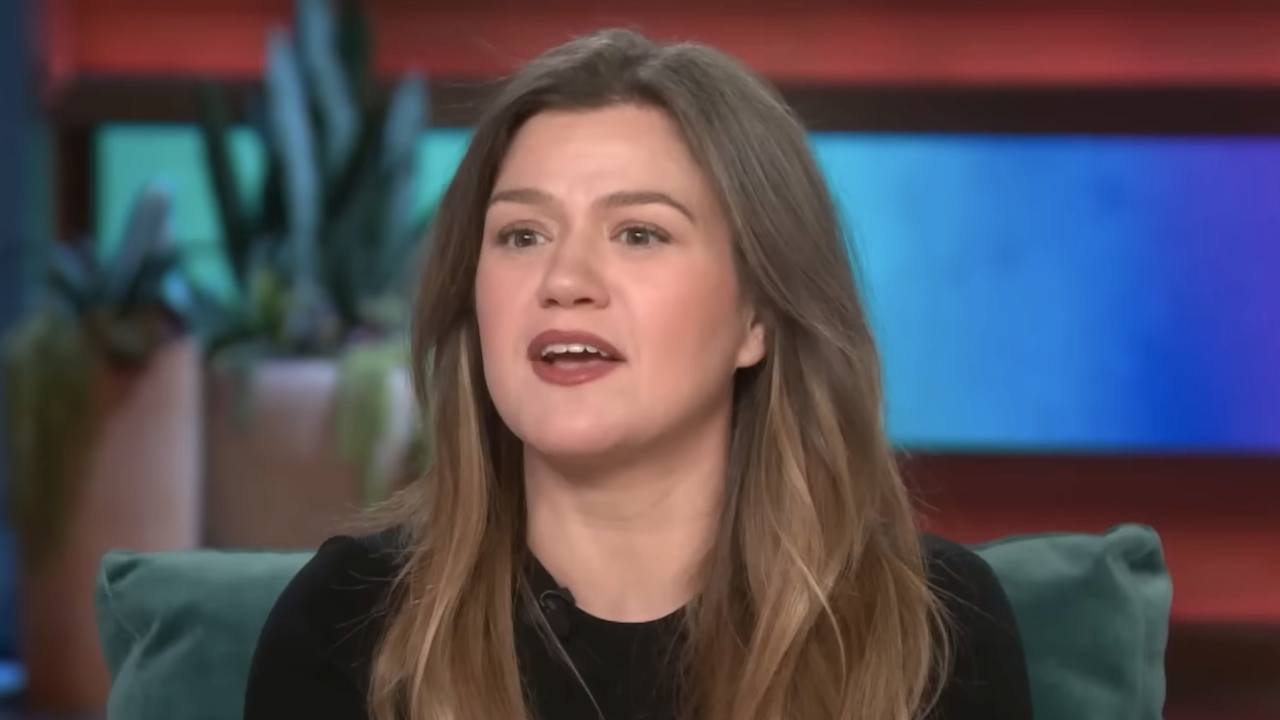Sometimes the success or failure of a film shouldn’t be measured by totaling how many things it does right and how many it does wrong. Sometimes the better gauge is whether the movie remains interesting throughout.
The Words is supposed to be complicated, but at times, it’s needlessly so. It follows people being read a book about a character who is being told the true story behind the main character in a work of fiction. Apart from giving the screenwriters the ability to comment on their own work--which, by the way, is annoying and stupid--there’s not a single reason why this extra layer is necessary. Coupled with a tendency to gloss over rather than actually analyze and a rather strange pacing, there’s a hell of a lot that could be improved upon, but The Words still works because it offers a story viewers will want to see through to the end. Even as it ambles in wrong directions and inserts unearned tears, it never feels like a waste of time. Like one of the women listening to the story, we need to know how it ends.
Well before we get that satisfaction, we’re introduced to Rory Jansen (Bradley Cooper). He’s a struggling author and far less importantly, the fictional main character in successful writer Clay Hammond’s (Dennis Quaid) new novel. Rory writes mostly angry young male stuff, as he self-deprecatingly calls it, but after a few years of rejections, he takes a real job to help support his beautiful wife Dora (Zoe Saldana). They honeymoon in Paris, and at an antique shop, find an old leather satchel. Inside its pocket is an old manuscript, which problematically, is better than anything Rory has ever written.
Of course, Rory decides to steal the novel, but The Words isn’t about that decision exactly. It’s about how dozens of decisions made by Rory and the man who actually wrote the book (Jeremy Irons) all had to happen in order to give the failed author a chance to steal his critically acclaimed book. Within this framework, there are larger ideas, but given the film’s snappy runtime and the inclusion of Quaid’s useless character, most subtlety and nuance is eschewed in favor of actually showing those dozens of decisions that had to happen. Whether or not this is a bad thing depends on your expectations.
All of the focus on plot makes The Words exciting and swift. There are two good stories here, and we’re given each in a timely manner. The result is pretty riveting, but because so much actually happens, the film ruins its chance to be anything better than pretty good. We don’t really know the main characters, we’re just told details about their lives. We don’t really see the lead-ups to events, we just see the events themselves. We’re shuttled from one place to another so quickly that there’s just not much time for anything else.
The Words is the type of film that’s easy to nitpick. It’s the type that can be cast off for plenty of little errors and poor decisions, but no matter how many times it gets lost, it never loses its momentum or intrigue. A shallow good time is still a good time.
Your Daily Blend of Entertainment News
Mack Rawden is the Editor-In-Chief of CinemaBlend. He first started working at the publication as a writer back in 2007 and has held various jobs at the site in the time since including Managing Editor, Pop Culture Editor and Staff Writer. He now splits his time between working on CinemaBlend’s user experience, helping to plan the site’s editorial direction and writing passionate articles about niche entertainment topics he’s into. He graduated from Indiana University with a degree in English (go Hoosiers!) and has been interviewed and quoted in a variety of publications including Digiday. Enthusiastic about Clue, case-of-the-week mysteries, a great wrestling promo and cookies at Disney World. Less enthusiastic about the pricing structure of cable, loud noises and Tuesdays.

